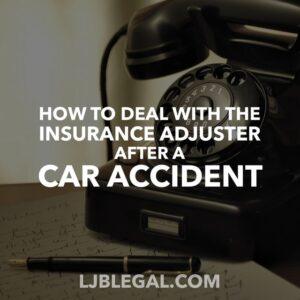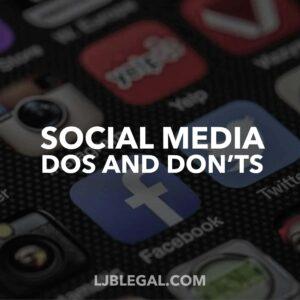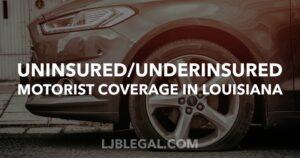
Your day was ruined because some inconsiderate and inattentive driver crashed into your vehicle. Your car now needs extensive repairs. You need transportation to work while your car is being fixed. You need a rental. As a Louisiana car accident lawyer, I get calls like this all the time.You may get reimbursed for a rental car after an accident, but it depends on insurance. If you have rental reimbursement coverage, your insurer will pay up to policy limits and later seek repayment from the at-fault driver’s insurer. Without it, the at-fault driver’s insurance should cover your rental, though you may need to pay upfront and submit receipts.
Will You Get Reimbursed for the Rental Car?
If you have rental insurance under your own auto insurance policy, your insurance company will likely reimburse you on the rental bill, up to the maximum rental policy limit. Take a look at your declarations page to see what this is. You can also call your agent for assistance. If the accident was not your fault, it will not raise your insurance premiums if you go through your insurance. Your insurance will seek reimbursement from the other driver’s insurance company for whatever your insurance company pays out.
The Louisiana Department of Insurance (LDI) advises that the at-fault driver’s insurer should cover a rental car for a reasonable time while your vehicle is being repaired.
How Does Rental Reimbursement Coverage Work?
If you do carry rental reimbursement coverage, here’s how it generally works:
- Check your policy: First, review your insurance declarations page for details on your rental reimbursement limits. Policies often have daily and total caps, and there may be restrictions on the type or size of vehicle you can rent.
- Contact your agent: As soon as possible, notify your insurance agent about the accident and your need for a rental car. They will walk you through the process and confirm your coverage details.
- Get a claim number: After you file your claim, you’ll receive a claim number that rental agencies will need.
- Visit a rental car company: Bring your claim number and your insurance card to any local rental agency. Most rental companies (think Enterprise, Hertz, etc.) will work directly with your insurance to handle billing. Sometimes, you may need to pay upfront and get reimbursed later, so keep all receipts just in case.
- Duration of rental: Rental coverage typically lasts until your own car is repaired and returned, or until you receive a check if your vehicle is declared totaled. Be sure to confirm the exact timeframe with your insurer.
Pro Tip: If your car is totaled, have a plan for when the check arrives. It can take time to find and purchase a vehicle, but the insurance company will not pay for the rental past the date your check arrives.
Remember, adding rental car reimbursement coverage to your policy is usually a small expense and can save you a lot of hassle if you ever find yourself needing a temporary ride. Always check your limits and ask questions so there are no surprises when you need help the most.
If you don’t have rental insurance under your policy, but the other driver was at fault and he/she has liability insurance, then the other driver’s insurance company should reimburse you on a rental car. Sometimes the insurance company does a “direct billing,” meaning you don’t get charged and the bill goes straight to the insurance company. Other times (more likely), you will have to pay for the rental on your own credit card and then get reimbursed for the amount.
How Does the Process Usually Work?
When pursuing a rental through the other driver’s insurance, you’ll typically need to contact that insurance company to start the process. If they accept liability, they may help you set up the rental and provide you with details you’ll need at the car rental counter—like a claim number and their policy information.
Most rental car companies (think Enterprise, Hertz, or Avis) are familiar with these situations and can bill the insurance company directly if everything is approved in advance. However, it’s common to pay out-of-pocket initially and then submit receipts for reimbursement.
What Should you Watch Out For?
Before you leave the lot, double-check what the insurance company will actually cover. Here are some key things to consider:
- Type of Rental: You’ll only be reimbursed for a rental similar to your own vehicle. Don’t expect to get a luxury SUV on the insurance’s dime if you drive a basic sedan.
- Additional Fees: Ask about mileage limits, gas policies, and whether extra insurance on the rental is covered. If you opt for rental company insurance that isn’t approved by the liable party’s policy, you may end up paying that out of pocket.
- Documentation: Keep every receipt and note any restrictions the insurance provides. This will make the reimbursement process smoother if you do have to pay upfront.
By staying proactive and asking the right questions, you can avoid unexpected costs while waiting for your own car to be repaired.
If your vehicle was declared a total loss, the insurer is only required to provide a rental until you receive a check for the loss, not for the entire time you are shopping for a replacement vehicle.

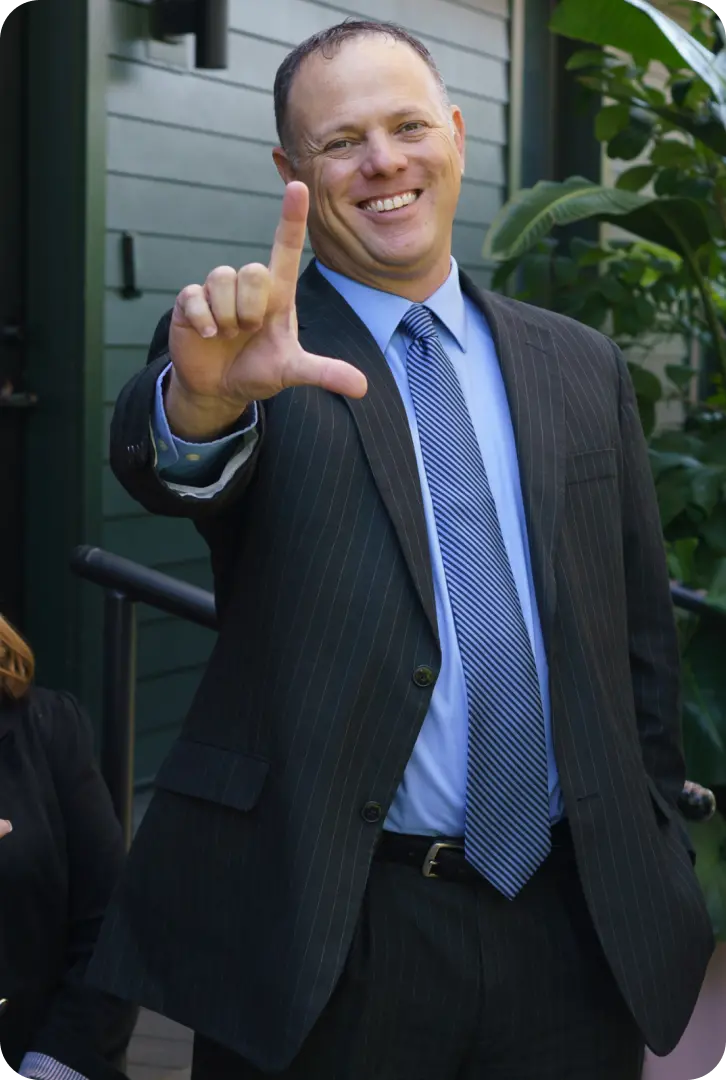
We GET IT DONE
Clients trust us to handle their case properly and effectively
FREE Confidential Case Review (985) 240-9773How Much Will You Get Reimbursed on Your Rental Bill?
You will only get reimbursed for a certain number of days of rental. The exact amount will depend on the extent of damage and how long it takes to repair, or until you receive the total loss check.
You should only expect to get a rental for a similar type of vehicle as you have. For example, you will not be fully reimbursed for renting a luxury SUV when your car is an economy, no-frills, two-door coupe.
Loss of Use
Even if you don’t rent a car, you may be entitled to loss of use payments. This is a payment to compensate you for the days that you were unable to use your damaged vehicle while it was being repaired or while you were waiting for the total loss payment.
Diminished Value
When you get your car back from the repair shop, it is not worth the same as before it was damaged. The value has diminished due to the wreck and repairs. The at-fault driver’s insurance company should pay for that diminished value loss as well.


We DO THE RIGHT THING
The correct choice – always – is to do the right thing.
FREE Confidential Case Review (985) 240-9773What Should I Do if the At-Fault Driver Doesn’t Have Insurance?
If you’re involved in a crash and find out the at-fault driver is uninsured, don’t panic. There are still options. The first thing you should do is review your own auto insurance policy for uninsured motorist coverage (often shown as “UM” or “UIM” on your declarations page). Louisiana requires insurance companies to offer this coverage, and many drivers don’t realize they have it until they need it.
Uninsured motorist coverage helps pay for your damages, including your rental car, when the other party can’t. Here’s what you should do:
- Contact your insurance agent: Let them know what happened and confirm the process to use your uninsured motorist benefits.
- Ask about rental reimbursement: If you have rental coverage (sometimes called “Loss of Use,” “Rental Reimbursement,” or “Transportation Expense”), your insurance company can typically authorize a rental for you while your car is being repaired or until you’re paid out for a total loss.
- Know your limits: Your coverage will specify the type of rental and the dollar cap per day or per claim—so don’t expect a luxury car if you’re insured for an economy sedan.
- Document everything: Hold onto receipts and keep notes of all communications with insurance, so you don’t get caught in the crossfire if questions about reimbursement come up.
Pro Tip: Many large rental companies like Enterprise and Hertz are used to working with insurance claims. Give them your claim number, and they’ll often coordinate billing directly with your insurer, so you aren’t left footing the bill while waiting for a reimbursement check.
When in doubt or if you’re feeling overwhelmed, we help our clients sort through the details—no added charge. You never have to figure it all out alone.


We ARE TRANSPARENT
We don’t play games and we don’t hide the ball.
FREE Confidential Case Review (985) 240-9773What Happens if Neither Insurance Company Pays for Your Rental?
Sometimes, you’re stuck in a gray area. Maybe neither insurance company admits responsibility, or the driver who hit you doesn’t have insurance, and you don’t have rental coverage under your policy. In these situations, you may be forced to pay out of pocket for your rental car just to get back on the road.
This isn’t ideal, but all is not lost. If it’s eventually determined that the other driver was at fault, you can seek to recover those rental expenses as part of your claim. This usually means listing the rental cost along with your other damages, and, if necessary, having your attorney pursue reimbursement through a formal claim or lawsuit. Hang on to your rental receipts and keep a clear record, as this paperwork could be crucial if you need to argue your case later.
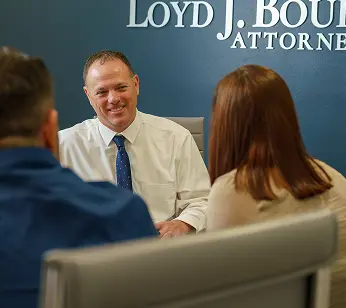
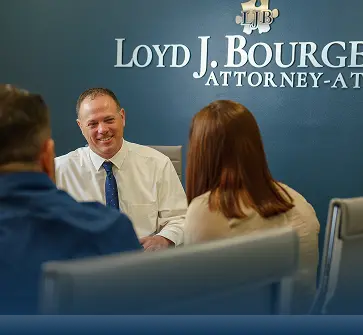
We ARE COMPASSIONATE
Emotionally intelligent listeners with positive attitudes.
FREE Confidential Case Review (985) 240-9773What to Do if You Need a Rental Car After an Accident in Louisiana
- Report the accident to your insurance company and open a claim.
- Identify the at-fault driver and, if possible, file a claim with their insurer.
- Review your own policy for rental reimbursement or collision coverage.
- Keep receipts and all documentation related to your rental car.
Paying Out of Pocket and Including Rental Costs in Your Claim
But what if you’re left footing the rental car bill yourself? This situation often arises if fault is hotly contested, or if neither insurance policy (yours or the other driver’s) is stepping up, which can happen if you lack rental reimbursement coverage or if the at-fault driver was uninsured.
Rest assured, you’re not out of luck. If it’s determined later on that the other driver was indeed at fault, you can absolutely add your out-of-pocket rental expenses to your claim or lawsuit against the responsible party. Keep detailed records of all your payments, receipts, and correspondence with the rental company. Should the case go to court, your attorney can include these costs in your demand for damages, alongside repair bills, medical expenses, and any other losses tied to the accident.
At LJBLegal, when our injured auto crash clients are faced with these issues, we help them for no additional fee. If you need help following a serious crash, call our Louisiana personal injury lawyers at (985) 240-9773.

